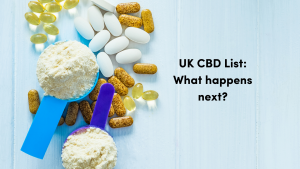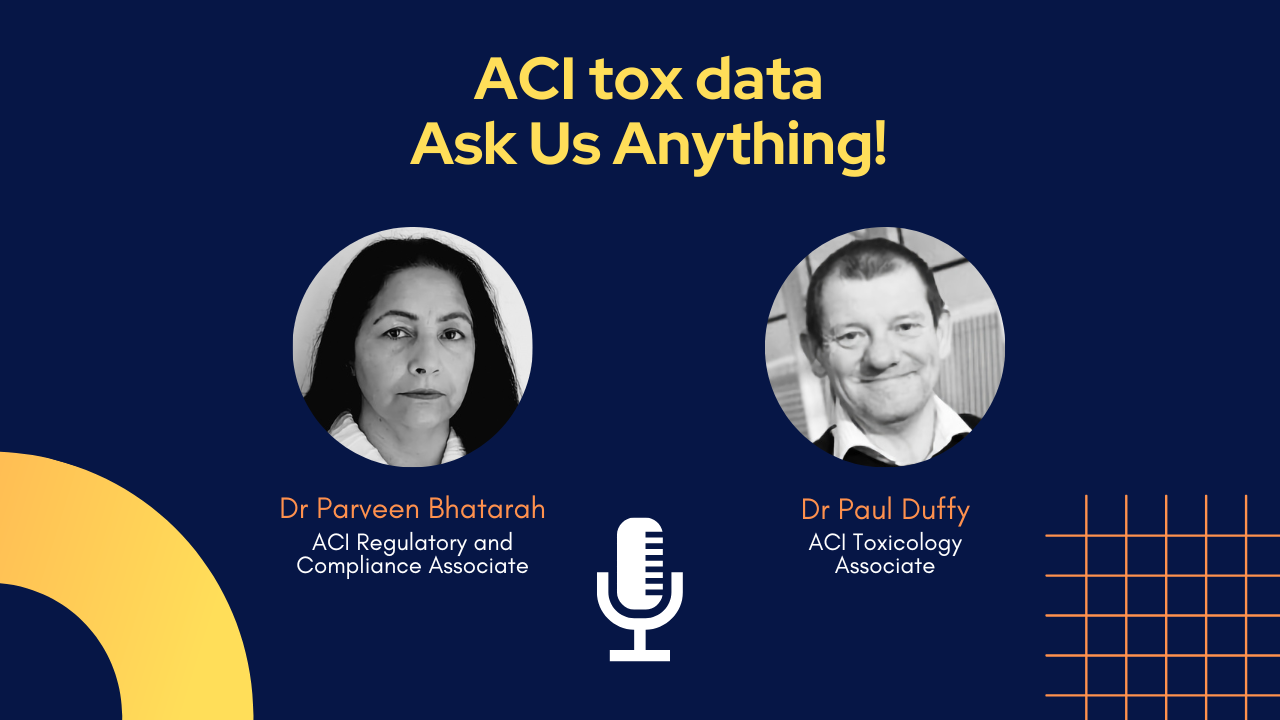The long awaited list of ingestible CBD products permitted for sale was published on 31 March 2022.
A total of 3,536 products linked to 70 applications have been given the green light to remain on the market by the Food Standards Agency, however the majority are awaiting the outcome of further evidence.
This means making the FSA’s CBD list is not a guarantee of full market authorisation. As the dust settles, Cannabinoid Insight explains what is likely to unfold next.
- Retailers are urged to check stock against UKCBDList.com
Following the publication of the list, businesses selling CBD products in the UK are being urged to check inventory against a new website, UKCBDList.com. This free service has been designed to allow anyone to search the list in full, to find out if a product is allowed to be sold in the UK or not. Retailers, pharmacies and health food stores are encouraged to sign up to be alerted by this site whenever the list is updated. The FSA says it expects to make some minor updates to the list in the week’s after initial publication.
Sign up for alerts from UKCBDList.com here
- Trading Standards begin enforcement action
While regulation is the responsibility of the FSA, enforcement lies with Trading Standards. This nationwide authority operates at a local level, taking action against businesses operating illegally at a ground level. Trading Standards has the power to remove products from shelves if they are not validated by the FSA, and where necessary, the local authority can take businesses to court or stop them from operating.
Moving forward, enforcement officers will utilise the FSA’s data to prohibit products not on the list from being sold to consumers.
Following the publication of the list, a spokesperson for Buckinghamshire and Surrey Trading Standards appealed to consumers and retailers to be vigilant and encouraged members of the public to use UKCBDList.com if in doubt over the status of a CBD product in their possession.
“Information from consumers and retailers supports Trading Standards to target our enforcement activities and by doing that enables us to make the best use of our limited resources. If you identify a product which is not on the FSA´s list, it should not be offered for sale in the UK.
“We are pleased to be working with the ACI who are facilitating consumers and retailers to report non-compliant products via the website UKCBDlist.com. This will help us effectively perform our role in the newly regulated CBD market, removing products from sale from companies who have not been able to produce robust plans to generate safety data according to the FSA.”
- Validation is only the first step
While there has been a lot of excitement around the publication of the list, more than two years after CBD was defined by the FSA as a novel food, validation is merely the first step. A total of five applicants have been validated, with the overwhelming majority of applications on the ‘awaiting evidence’ list. The FSA expects these companies to submit any missing safety or toxicology data as soon as possible.
Up until this point, applicants had to submit their novel food dossiers, providing robust proof that they have made a commitment to making and selling compliant products. The second stage to this process is full market authorisation. According to an FSA spokesperson, this is not expected before mid-2023.
In addition, the FSA says:
“Validation requires checking that an application contains all information required by law to allow it to proceed to the authorisation process.
“It is important to note that validation is not the same as authorisation. There is no guarantee that a validated application will be authorised. Addition of a CBD product to this list does not mean it is authorised or approved, only that the applicant is seeking authorisation.”
- Roadmap towards full market authorisation
In a media briefing ahead of the publication of the list, the FSA outlined the following:
The 70 applicants which we now know are eligible to move forward will progress to the risk assessment and risk management stage. This is estimated to take up to seven months.
Addressing press questions, Ruth Willis of the FSA’s novel foods team said that in some cases, ‘the clock may need to be stopped’ during this next stage, and this may result in delays.
Once through the risk assessment and management stage, eligible applications will be put forward for a full market authorisation. Under UK law, this is a parliamentary process, meaning that ministerial approval is essential in order to seek full authorisation. It’s thought that this final step could take two months.
Commenting on this, Director of Policy at the FSA, Rebecca Sudworth, said:
“CBD is a really good opportunity to do this outside the EU since Brexit.”





